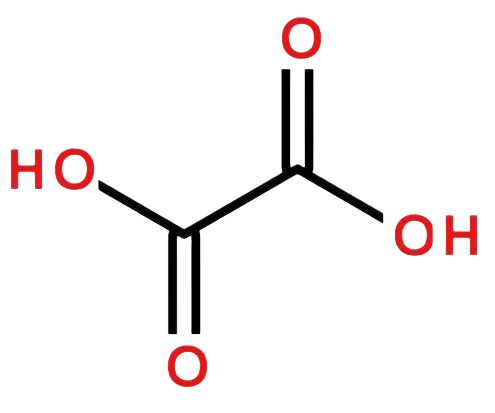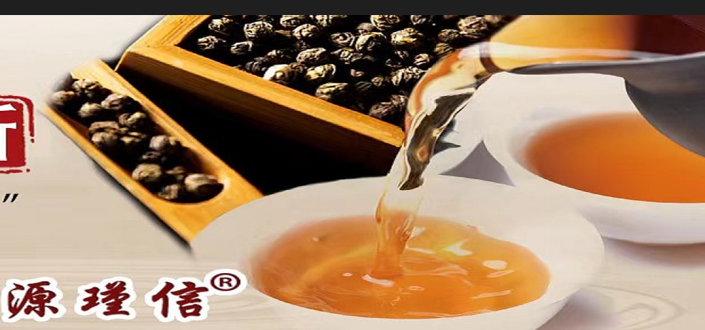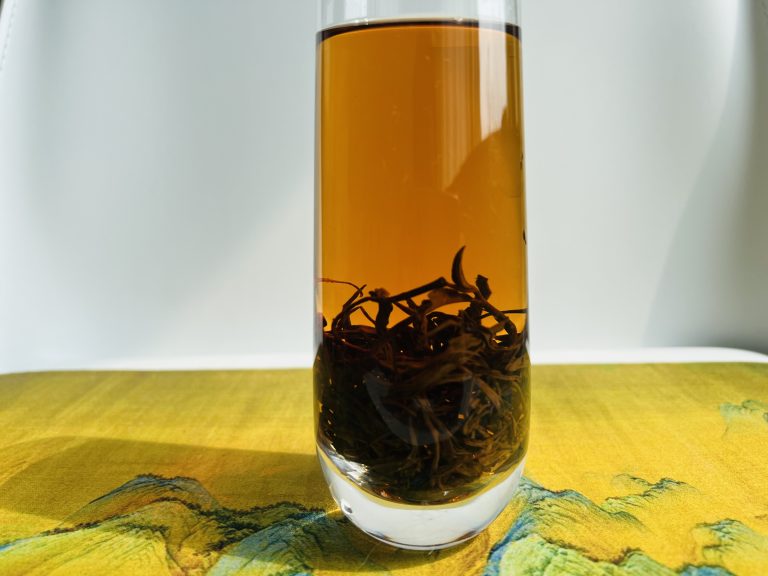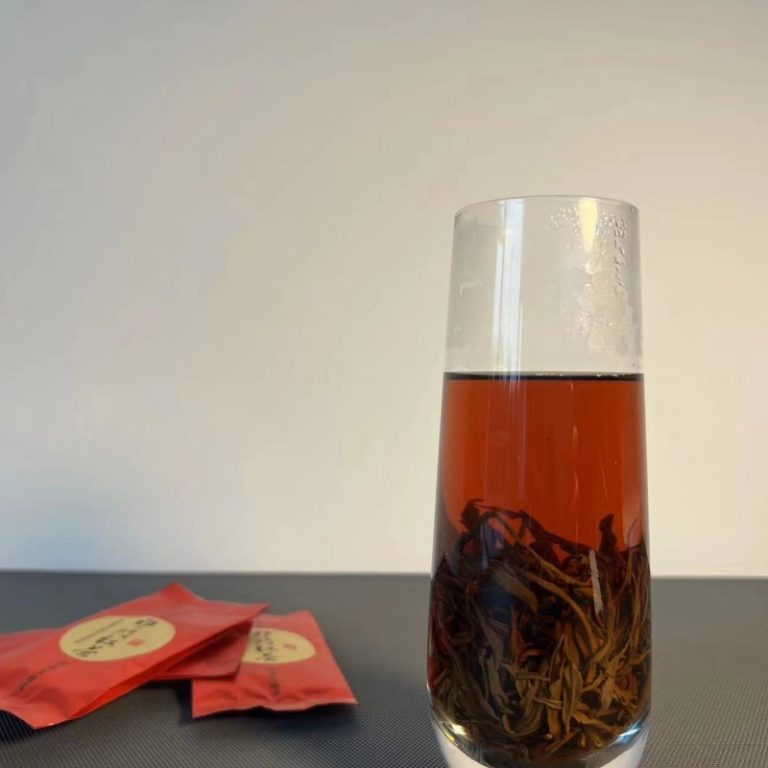The main basis for the view that “tea can’t drink milk”: there have long been studies that show that tea is a high oxalic acid food. If you drink too much strong tea, it may lead to increased excretion of oxalic acid in the urine, and higher urinary calcium concentration and increased oxalic acid intake are risk factors for stone formation. Therefore, some people believe that drinking milk with more calcium and tea, or drinking milk after tea, is easy to form calcium oxalate crystals, which leads to the formation of urinary stones.
Today, I’m going to give you a simple chemical knowledge, and you will understand that the above idea that milk cannot be added to tea is not scientific.
Table of Contents
First of all, we need to understand what is oxalic acid and how it forms calcium oxalate to produce stones.
Oxalic acid is a metabolic product of the organism, and is the main component of urinary calcium oxalate stones. It is easy to form calcium oxalate with calcium ions in the human body, resulting in kidney stones.
Secondly, there are two main sources of oxalic acid in the human body
1), the gut absorbs oxalic acid from food, that is, exogenous oxalic acid. Exogenous oxalate after being ingested by the body, if it is not combined with other substances, it can be directly absorbed by the small intestine, and finally excreted by the kidney, and calcium in the kidney to form calcium oxalate stones.
2), oxalic acid formed by metabolism in the body, oxalic acid itself is one of the normal metabolites of the human body, that is, endogenous oxalic acid. The production of endogenous oxalic acid is mainly based on the following two forms, one is the direct conversion of vitamin C into oxalic acid, accounting for about 40%, and the other is produced by glyoxylic acid metabolism, accounting for about 40-50%. The amount of endogenous oxalic acid in the body is very low, and most of the oxalic acid our bodies get comes from external ingestion.

▲Oxalic acid chemical molecular structure formula
Third, oxalic acid and stone formation conditions
As we can see above, if exogenous oxalic acid is not combined with other substances, it will be directly absorbed by the small intestine, and finally enter the kidney and calcium to form calcium oxalate. Then affected by high sugar, lack of exercise, drinking water and other related factors that are easy to form stones, calcium oxalate stones are formed. Therefore, whether the oxalic acid in the tea will cause stones, the focus is on whether the oxalic acid can be absorbed in the body with other substances to avoid entering the kidney.
Fourth, how milk prevents calcium oxalate from being absorbed.
Milk is a natural calcium substance, relevant studies have shown that the appropriate amount of calcium supplement, calcium can form insoluble calcium oxalate with oxalic acid in the intestine, and then excreted with feces, so as to avoid the absorption of oxalic acid in the gastrointestinal tract, reduce the oxalic acid content in the body, thereby reducing the risk of stone formation. Therefore, it is untenable to say that drinking tea can not drink milk because it can cause kidney stones. In fact, no study has pointed out that the incidence of kidney stones is higher in Tibet and Mongolia in China, or in the United Kingdom, where drinking milk tea is popular. Even the incidence of kidney stones in the UK is only 2-3%, far lower than the prevalence of 9-10%.

Fifth, milk destroys the power of tea?
Drinking black tea has long been known to be good for the heart and anti-aging. But some people think that drinking tea can not drink milk, thinking that drinking milk will destroy the beneficial components of tea. The idea is that drinking tea increases the ability of arterial walls to contract, thereby increasing the speed of blood flow, but milk completely blocks this beneficial effect. In fact, milk does not affect the absorption of polyphenols in tea. After adding milk, we do not get less tea polyphenols as a result. The British, who are most fond of drinking black tea, are the best example. Milk is added to tea, and adding milk to black tea does not harm heart health, let alone anti-aging effects.
Finally, based on the above analysis
It can be seen that the view of “drinking tea can not drink milk” is wrong, so milk tea does not exist as a contradiction.
Small partners who like tea, milk or milk tea do not have to isolate tea and milk because of this concern. The above analysis also says that their combination can still have a positive effect on the human body.




